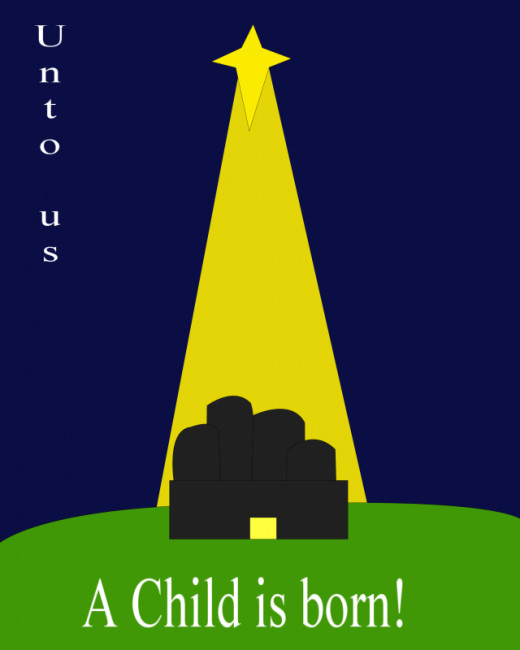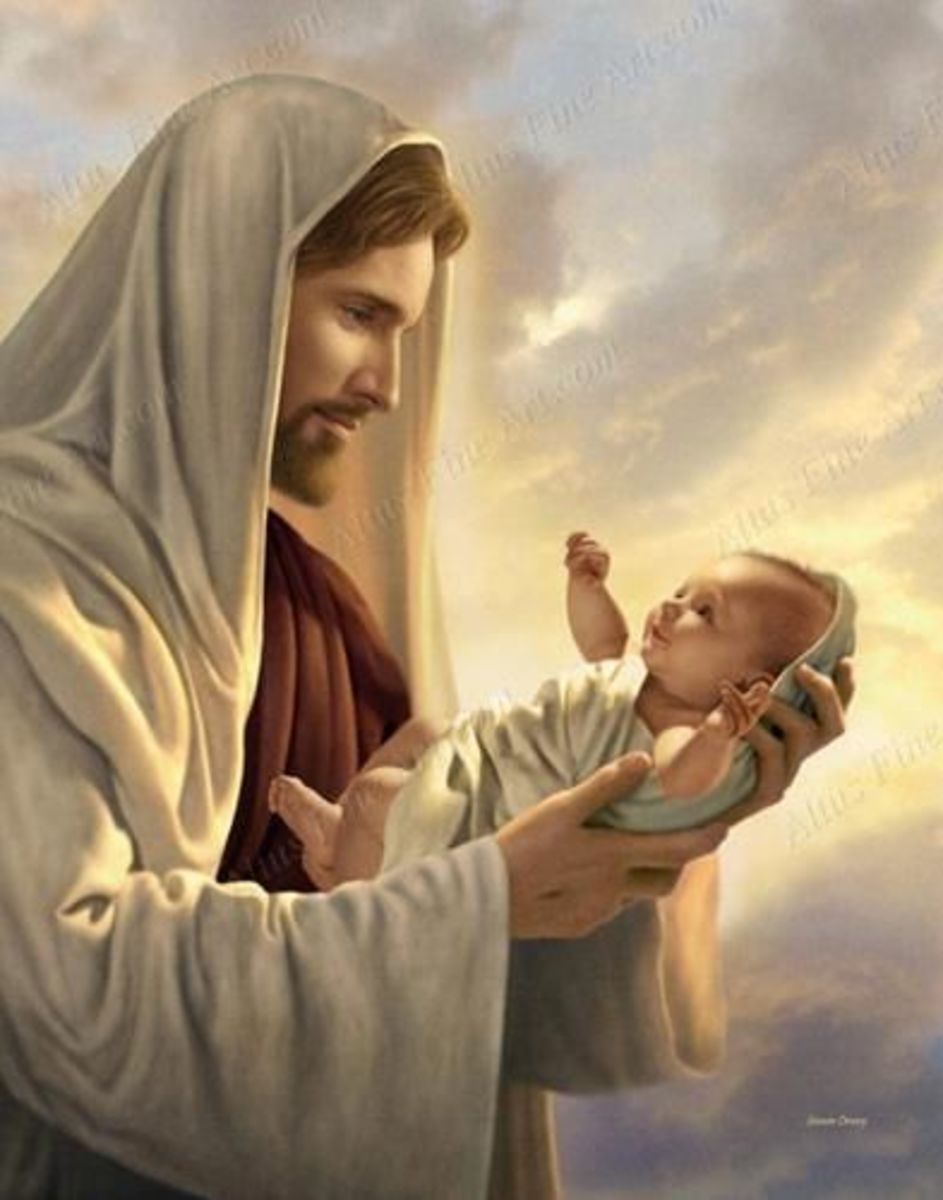The Lineage of Jesus - Why are there different accounts?

At Christmas time we hear the story of the birth of Jesus. There are caroles about the census being taken by the Romans that was the cause of Joseph and Mary's trip to Bethlehem. As the Bible explains, they went to Bethlehem because Joseph was of the house and lineage of David. So was Mary.
It is an accepted tradition even to this day in the Middle East for marriages to be common between cousins. Biblical scholars have documented the historical fact that Mary and Joseph were cousins. But why are the descendants in the line of Jesus different in the books of Luke and Matthew?
The reason is an interesting commentary on the accepted views on women in biblical times. It is just as interesting that the difference is also based on who is telling the story.
In the Gospel of Matthew, written by a Hebrew, the lineage of Jesus begins with Abraham and comes down through Zerubbabel's oldest son, Abihud, who was Joseph's great-eight generations back- grandfather. The names in the lineage from that point follow Abihud's descendants to Joseph. So in Matthew the line ends with Joseph, son of Jacob, the husband of Mary.
But in the Gospel of Luke, written by a Greek, the lineage of Jesus goes all the way back to Adam and comes down through Zerubbabel's youngest son, Rhesa, who was Mary's great-eight generations back- grandfather. The names in the lineage from that point follow Rhesa and end with Mary -except, even in the Greek tradition, the woman's name is not listed in the lineage. If a family ended with a daughter, it was the practice to list her husband, the son-in-law, as the last in the line. So in Luke the line ends with Joseph, son of Heli, who was Mary's husband.
For more information on this and other Biblical studies, consult Clarke's Commentary at www.jcsm.org
None of this changes what Jesus did for the world through his life, death and his victory over death. But it is always interesting to find the answer to a riddle. I take any argument that the Bible contains contradictions with a grain of salt. It is probably more accurate to accept that we just don't know all the answers - yet.
Merry Christmas.








